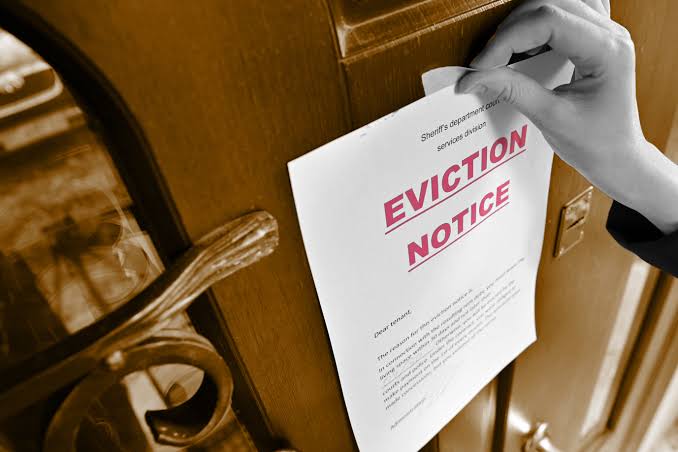If you’re a landlord in North Dakota, you need to grasp the eviction process to safeguard your property and rights.
Understanding legal steps and reasons for eviction will help you address tenant issues effectively. From serving notices to court hearings, each stage demands attention to state laws.
This article offers insights into navigating North Dakota’s eviction process, empowering you to handle non-payment or lease violations confidently. Mastering these guidelines allows you to protect your rental investments proactively.
North Dakota Eviction Notice Process Overview
When evicting a tenant in North Dakota, you must start by serving a three-day North Dakota eviction notice as per North Dakota eviction laws. This notice informs the tenant of the landlord’s intention to reclaim possession of the property due to specific reasons such as non-payment of rent or lease violations.
If the tenant fails to comply within the three-day period, the landlord can then proceed to file an eviction lawsuit with the court. This initiates a legal process where both parties attend a court hearing, and a judgment is issued.
Subsequently, a writ of restitution is served, requiring the tenant to vacate the premises. It’s crucial to follow the correct procedures outlined in North Dakota eviction laws to ensure a smooth and lawful eviction process.
Reasons for Eviction
To proceed with eviction in North Dakota, you must be aware of the specific reasons for eviction that align with state laws. These include entering and taking possession of a property through force, intimidation, fraud, or stealth.
Menacing conduct or threats towards others can also be grounds for eviction. Additionally, unlawfully holding over and maintaining possession by force or threats of violence is prohibited.
Failure to pay rent within three days of the due date or violating a material term of the written lease agreement are also valid reasons for eviction. Understanding these criteria is crucial for landlords seeking to initiate the eviction process in North Dakota while adhering to state regulations.
Legal Procedures and Forms
Understanding the legal procedures and forms required for eviction in North Dakota is essential for landlords navigating the eviction process. You must start by serving a Rent Demand Notice giving the tenant 3 days to pay or quit, or a Lease Violation Notice providing 3 days to quit.
Subsequently, you need to fill out a Complaint for Eviction form, pay an $80 filing fee for the eviction lawsuit, and ensure the Summons contains all necessary information. These steps are crucial in initiating the legal process correctly.
Familiarizing yourself with these procedures and ensuring all forms are accurately completed will help streamline the eviction process and increase the likelihood of a successful outcome.
Squatter’s Rights and Actions
Navigating the eviction process in North Dakota, you must be aware of squatter’s rights and actions that may impact your property.
Squatters meet specific criteria, such as openly living on the property, maintaining continuous possession, and not sharing the space with others. Understanding concepts like color of title and adverse possession is crucial as they can lead to legal ownership disputes.
If faced with squatters, it’s essential to differentiate them from trespassers, contact law enforcement for assistance, and issue a formal North Dakota eviction notice to protect your property rights.
Being proactive and knowledgeable about squatter’s rights and appropriate actions can help you effectively handle such situations and safeguard your property interests.
Additional Considerations and Resources
As a landlord in North Dakota dealing with the eviction process and potential squatter issues, you should be mindful of additional considerations and resources available to support your property management efforts.
When navigating evictions, it’s essential to consider the financial implications, such as court costs and potential damages. Understanding the timelines and variations in the eviction process can help you plan efficiently. Additionally, staying informed about local landlord laws and seeking legal advice when needed can prevent complications.
Utilizing resources provided by the clerk’s office for eviction forms and procedures can streamline the process. Accessing state-specific resources and rental management tools can also enhance your ability to handle eviction situations effectively.
Conclusion
In conclusion, as a landlord in North Dakota, understanding the eviction process is essential for protecting your property rights. By following the legal procedures, serving eviction notices, and attending court hearings, you can effectively address issues with tenants such as non-payment of rent or lease violations.
Familiarizing yourself with the necessary steps and requirements will help you navigate potential challenges and safeguard your rental investments. Stay informed and proactive in managing tenancy matters to ensure a smooth process.










